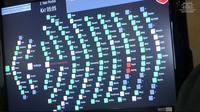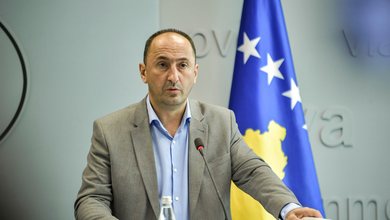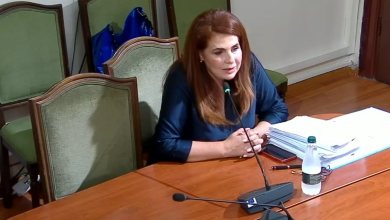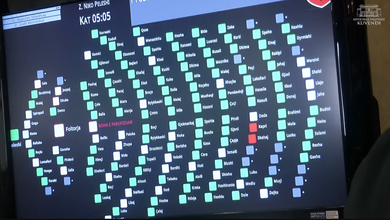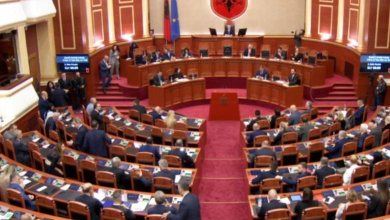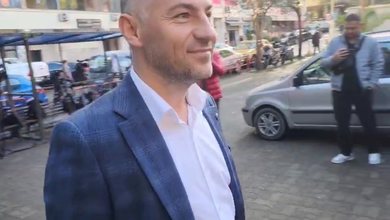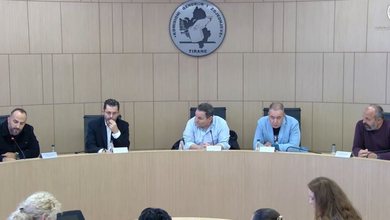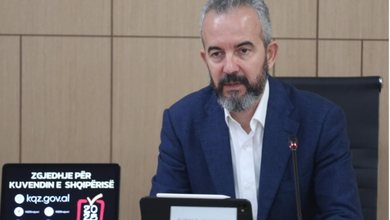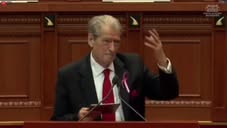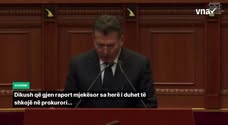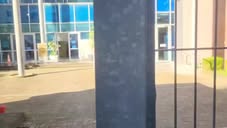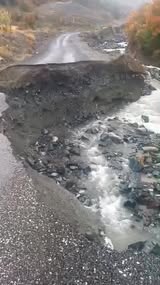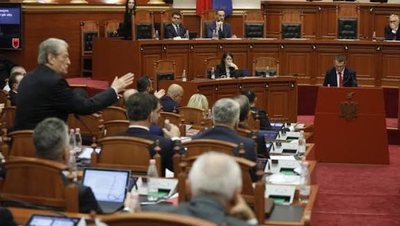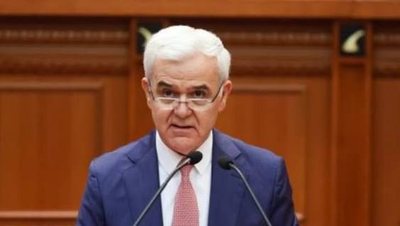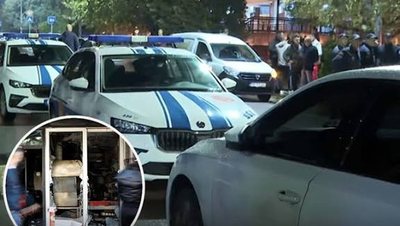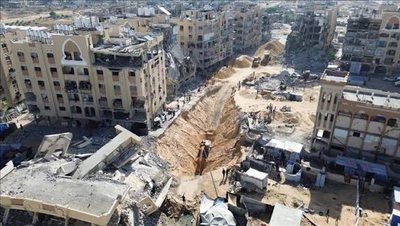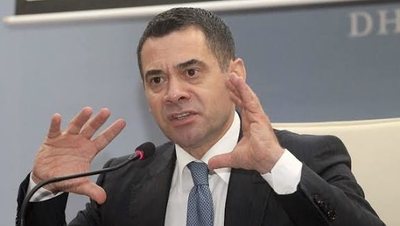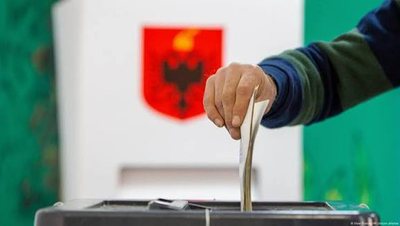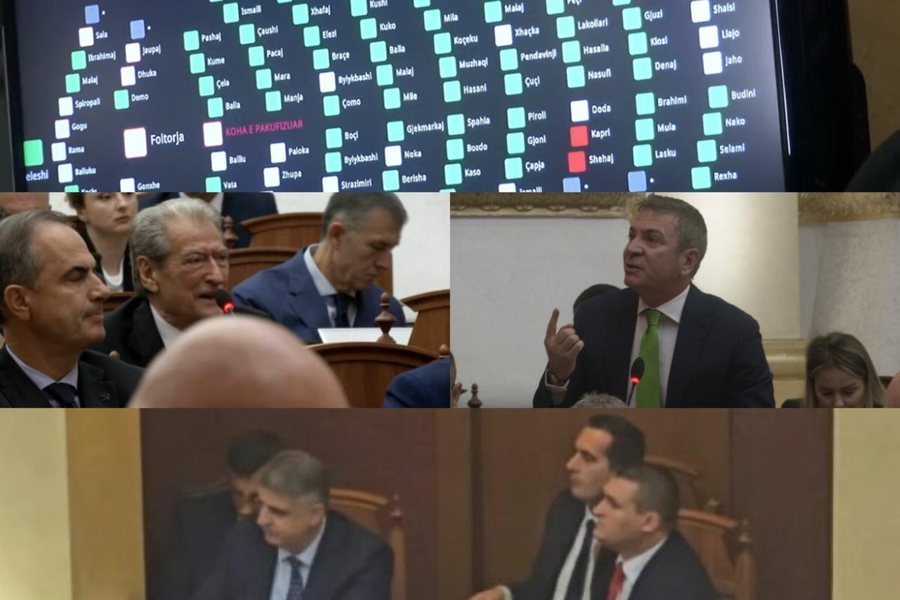
In the Albanian Parliament, two hours of session were enough to see another collaboration between the Socialist Party and the Democratic Party, many political justifications and fruitless debates.
Just like in previous times, when it comes to laws that are in common interest, the SP and the DP “miraculously” reach a common language and approve the acts within minutes, without any real debate.
This is what happened with the establishment of the Electoral Reform Commission, for which both parties combined their votes, bypassing representatives of small parties who, although they have a seat on the commission, remain mere spectators.
To justify this cooperation, the leader of the Democratic Party, Sali Berisha, and the socialist MP Damian Gjiknuri, who will be the co-chair of the committee, spoke in the hall.
Berisha, with his well-known rhetoric that "with Edi Rama there are no free elections", this time justified the cooperation by saying that it was a request from the OSCE/ODIHR, a request that, ironically, the latter repeat in every election report, while the DP, every time it participates, turns into a facade of Edi Rama's victories and comes out with even deeper losses.
"Today we voted to establish these two commissions for two fundamental reasons. First, they are an endless series of OSCE/ODIHR recommendations, which we have accepted and believe are important. OSCE/ODIHR has done an extraordinary job and in its latest report branded the May 11 elections as an ugly farce. In this context, we feel obliged to turn the right recommendations into law, although we declare that with Edi Rama, Albanians will never vote as free citizens. Second, the territorial reform was an anti-reform that brought about significant inequality," said Berisha.
On the other hand, Gjiknuri directly responded to criticism from small parties that opposed the establishment of the commission, describing their complaints as “useless noise.” He stated that all parties are represented on the commission, but that the right to vote belongs only to the two major forces.
"All parties are represented there and the issue of the vote is irrelevant, because the vote is equivalent to the co-chair's veto. It is impossible to accommodate all opposition parties with voting rights, because there are 13 in total. Each can make proposals, but the two major forces have the vote," said Gjiknuri.
After the establishment of the committees was approved without objections between the parties, in order to "balance" the image of cooperation, the SP and the DP chose the next empty clash in the hall, over how questions will be asked to the heads of justice institutions who are expected to report to the Assembly.
For more than an hour, the session turned into a series of fruitless debates and mutual accusations, while the head of SPAK, Altin Dumani, and the Prosecutor General, Olsian Çela, waited in the hall to be given the floor.
In all likelihood, this repeated political "theater" in Parliament aims to close Dumani's reporting with little sound and without direct questions on the open files of government and opposition officials in SPAK, including the latest one related to Deputy Prime Minister Belinda Balluku.
What will happen after the 15-minute break in the session remains to be seen.


